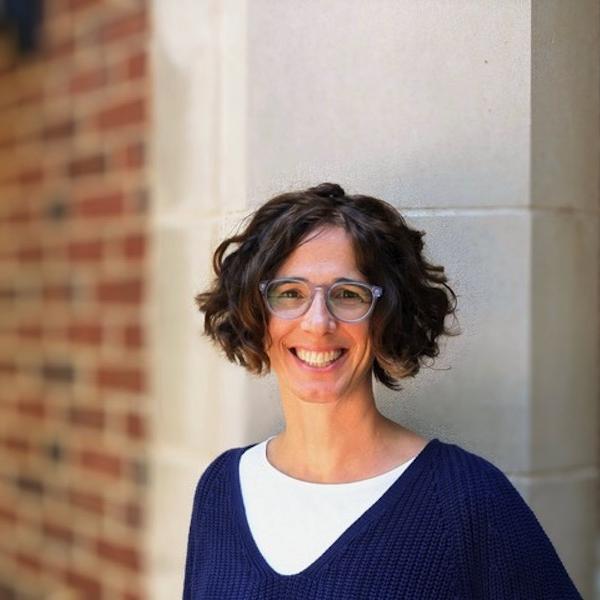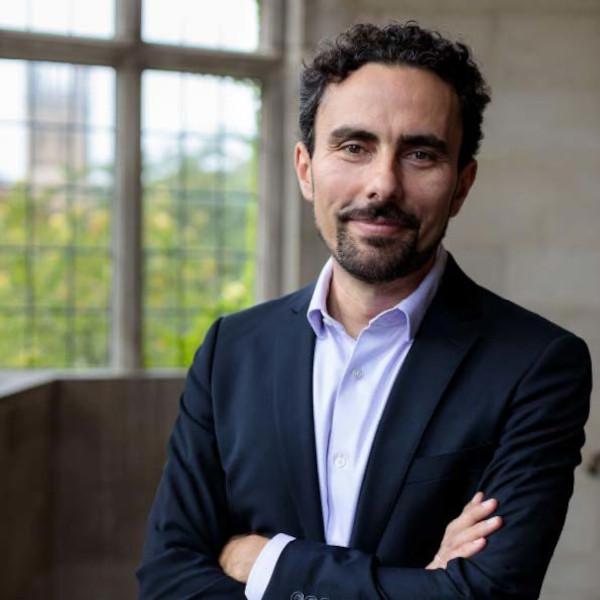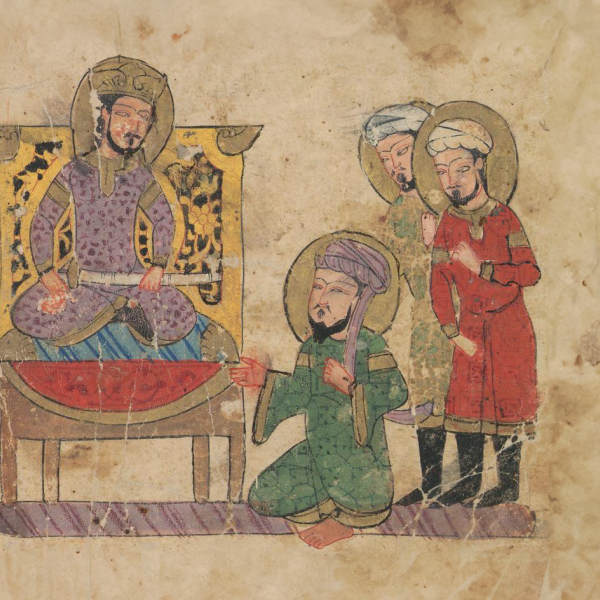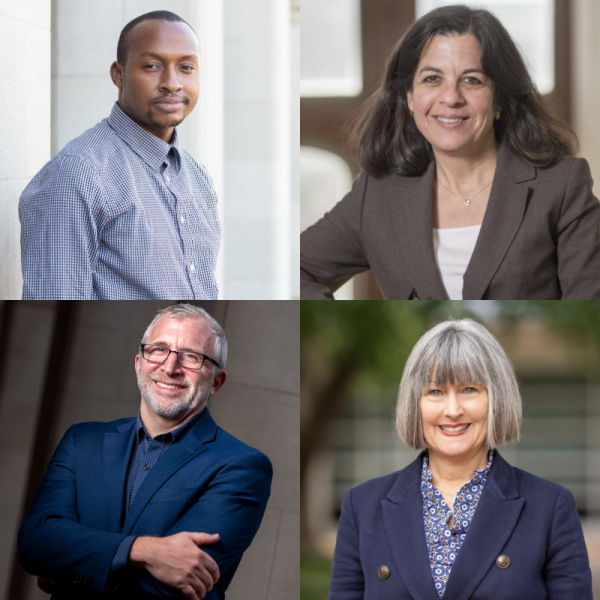Tazeen Ali (MA, ’12) returned to WashU in 2019 as assistant professor in the Danforth Center on Religion and Politics. Ali is the first Islamic Studies scholar at the Danforth Center. After completing her masters at WashU, she earned a PhD in religious studies at Boston University and was a visiting postgraduate student at the University of Edinburgh. We caught up with Ali to learn more about her work, her time in graduate school at WashU, and the importance of creating a shared language for talking about religion and politics in the U.S. now.
What are you working on at the moment?
I am currently working on a project that investigates recent trends in Muslim women’s religious authority. We are seeing an emergence of women-led and women-only mosques across the US as well as Europe. My work examines these alternative worship spaces as a way to analyze debates over Islamic authority and authenticity and show how these debates are gendered and racialized.
How has your time in the Department of Jewish, Islamic, and Middle Eastern Studies impacted your research?
It was really invaluable in providing a platform to explore a range of subject areas and also develop specialized interests. I think for a lot of us, including myself, who end up in fields like Religious Studies or Middle Eastern studies, we often begin our undergraduate training in a very different discipline. The wonderful thing about a master's program like the one offered in JIMES is that it really sets you up to be able to pursue doctoral work in religious studies, area studies, history, or anthropology. In fact, many of the students in my cohort ended up pursuing PhDs, which is a testament to the strength of the program.
You double-majored in religion and biology as an undergraduate. Do you find your background in biology sneaking back into your research and teaching now?
You know, I am inclined to say that no it does not at all inform my current research. However, I do feel that it enhances the classroom experience, in as much as it helps you to be a better mentor to your students, who often come from a variety of disciplinary backgrounds and majors but are interested in taking courses in the humanities. Knowing some of the specific challenges of a pre-medicine track for example, helps me understand how to encourage these students to take more courses in the humanities because there is a lot for them to gain from a well-rounded Arts and Sciences education in their future careers as science researchers or medical doctors.
You’re the first Islamic Studies scholar in the Danforth Center on Religion and Politics. What are your most excited about with your new role?
I'm especially excited about bringing the sub-field of Islam in America, which has developed a lot over the last decade, to the Danforth Center. It's really exciting to have this opportunity to bring conversations about Islam in America and integrate them into the broader discourse of religion and politics in the US. It's exciting too, to be a part of more programming that deals with the kinds of issues that American Muslims are facing. It's nice to have an opportunity to integrate that academic discourse into a broader conversation about religion and politics in the US.
What courses are you developing at the moment?
Right now, I’m teaching two courses for the Danforth Center. The first one is on Islam in America. This one is more of an entry-level course, and so it doesn't assume any previous knowledge on Islam or religion. We're discussing the dynamics of religious pluralism as they relate to debates over national belonging, who gets to belong, and how race informs this equation. I'm also teaching an upper level seminar on race and religion in the US. Subjects like race and religion can be very polarizing in our current socio-political climate, and in some ways, it feels like we're running out of spaces where we are able to talk about certain topics. I think that the classroom is such a unique place and maybe one of the last spaces we have where we can (hopefully) have difficult conversations in respectful terms and create dialogue, but also challenge each other.
How do we create spaces for those kinds of dialogues?
We need collaboration not just between people in different academic fields but also between people who are academic adjacent or just outside of academia but invested in those same questions. We have to learn to talk to each other rather than past each other. There's a very particular language that academics use to speak to each other, which I think is important and necessary to be able to do the kinds of work that scholars do. However, there's also a certain urgency for people who work on religion and politics to connect our work with public discourse. At the same time, the mobilization of white supremacy in our broader political and social climate means that physical safety of religious, racial, and sexual minorities is being threatened. Their legitimacy and Americanness is very openly being called into question. So, while it has always been important to make these connections for people who work on religion politics in the U.S., there is a certain urgency to those subject matters now. That urgency seems to translate into an increased desire among students for the right vocabulary needed to be more informed citizens, to be able to make better sense of events that are happening around the world and in the U.S., and to filter through the content that they're consuming through the media.




